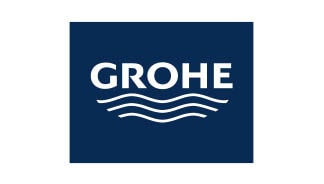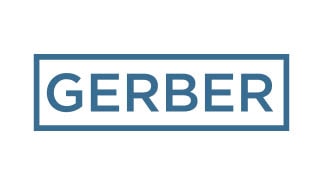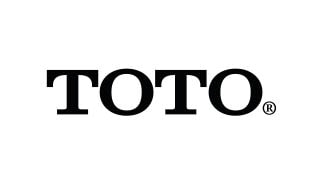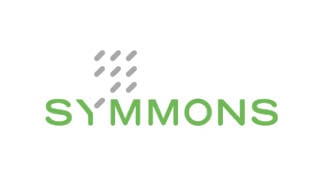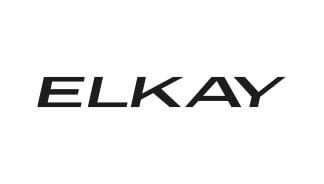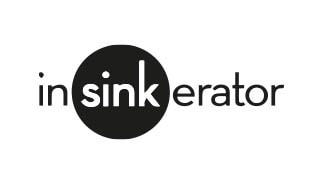Published on
May 3rd, 2021Could the Toilet Problem in India Happen in New York City?
There is a toilet problem in India that has been in the press for the last few years. Many people wonder if the same issue could occur in New York City. Here, we explain India’s toilet problem and explore why rethinking public restrooms is a smart idea, even if we aren’t at as much risk as India.
What Is India’s Toilet Problem?
Lack of available toilets and plumbing infrastructure
Millions of people in India, especially in rural areas, do not have toilets in their homes. Therefore, they defecate in public, usually in fields, low-lying waterways, beaches, and the like.
In fact, India really has two toilet problems: there are not enough toilets, nor is there adequate plumbing infrastructure to support them. It’s not enough to encourage people to add a toilet to the home. Without plumbing for water, adequate sewage lines, and wastewater treatment plants, there’s no way to make toilets operational.
Why Is the Toilet Problem in India So Dangerous?
Health concerns and more
Of course, public defecation brings with it a host of health dangers. Human feces carry bacteria and viruses, including coronavirus, cholera, typhoid, polio, and hepatitis A. When it rains or when defecation occurs in rivers, canals, and streams, these pathogens can be spread, which can also happen when livestock and other animals come in contact with human refuse. Feces attract insects and vermin that further disseminate disease.
This isn’t merely a nuisance for residents of India. Children are particularly susceptible to gastrointestinal disease caused by exposure to germs in feces. The resulting diarrhea is the largest cause of death globally in children under five. It’s estimated that there are more than 125,000 deaths annually among people of all ages in India due to diarrheal diseases.
In addition to the risk of disease, the toilet problem in India has presented other issues. Privacy is a concern for many who must defecate in public, so they try to do so at night, which poses safety issues for women who go out alone or in small groups. Additionally, having unpleasant odors outdoors is another problem facing the nation.
How Has India Addressed Its Toilet Problem?
Multipronged approach
Improving sanitation in a country of over one billion people is no easy task. During the last decade, India’s government has spent over $30 billion providing toilets in needy areas. Because of both cultural issues surrounding cleanliness and the lack of plumbing and sewage infrastructure, the toilets have largely been built outside, similar to portable toilets or outhouses used in the United States.
A campaign was also implemented to encourage the use of the toilets. Bollywood even created a film, Toilet: A Love Story, to give a human face to the problem by telling the tale of a couple whose romantic life improved once one partner provided a toilet for the other.
While the country has seen a decrease in public defecation, there are still hurdles. Some people still believe defecating outdoors is cleaner than using a toilet, especially when indoor toilets are just a hole in the ground or aren’t maintained properly, sometimes due to a water shortage. And some citizens pocket money meant for toilet building. Others use the toilets as storage in an overpopulated country desperate for space. In other cases, there are too few toilets for too many local inhabitants, or people have to pay to use them, which they can’t or won’t do.
Is New York City at Risk of Developing a Toilet Problem?
The history of public restrooms
While New York City clearly has better toilet infrastructure, as well as cultural barriers against public defecation, some people are worried a toilet problem similar to what’s going on in India could become more of an issue here. To discuss that, let’s first look at the development of public restrooms in the city.
Although there have been some communal bathrooms available since the 19th century, America never really followed the model set by Europe for public restrooms. Even around 1900, New Yorkers complained about the lack of public toilets, and at that time, fewer people had flush toilets in their homes. Public facilities were considered a waste of money throughout the 20th century, and the only place where public bathrooms were increased was along major highways as automobile rest stops.
Public restroom availability today
Fast forward to the New York of today. Real estate square footage is at a premium, and few property owners want to devote any to public toilets. Restrooms that exist in places like the subway system are frequently nonfunctional or closed entirely. Business owners usually require people who want to use their bathrooms to make a purchase there.
With an uptick in habitation and an increase in homeless and vagrant populations, the city is seeing more public urination and defecation than ever before. In fact, the MTA (Metropolitan Transportation Authority) has recently had to make it officially illegal to relieve oneself on public transit, as this was becoming a default bathroom of choice.
San Francisco’s sanitation situation
Even more so than New York, San Francisco has been at the forefront of media attention about its public defecation problem, which has resulted in complaints about everything from odors to a drop in tourism. A range of solutions has been implemented or proposed:
- Keep existing public bathrooms open 24 hours a day, and make sure they’re properly maintained.
- Build new public bathrooms (required downtown in some spaces already).
- Give tax breaks to businesses that allow the public to use their restrooms.
- Ask businesses that allow non-paying visitors to use their bathrooms to display window signs advertising this.
- Create more pop-up restrooms in conjunction with other public health campaigns, such as needle exchange programs.
- Encourage businesses like “Airpnp,” a bathroom version similar to the Airbnb homestay app.
- Improve sanitation of sidewalks and curbs where public defecation still exists.
Rethinking the bathroom and toilet in 2021
Clearly, some of the suggestions for San Francisco could be applied to New York City too. However, these talks need to take place within the larger framework of completely rethinking public bathrooms in light of Covid and other recent health concerns. Rather than simply building more bathrooms, we should be considering how to construct more high-tech, self-cleaning restrooms that are easier to keep open and discourage the spread of germs, so people will use them.
Whether you’re adding a public bathroom in your building, redoing your restrooms, or upgrading the toilet in your private residence, Sanitary Plumbing is here to help. Call us at 212-734-5000, or reach out online to schedule an appointment at your convenience.


